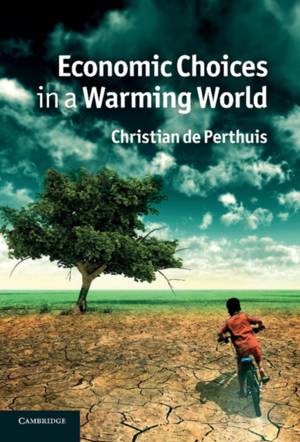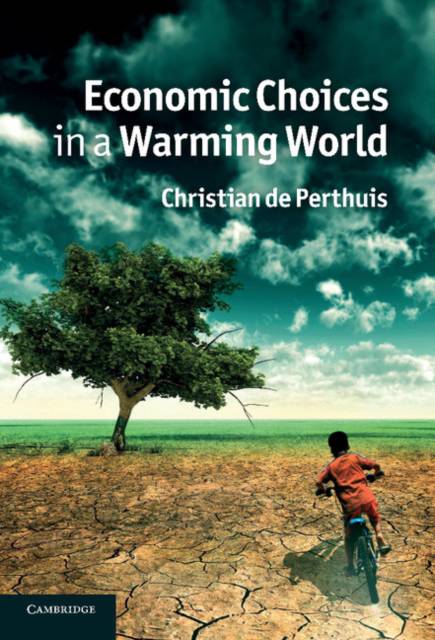
- Afhalen na 1 uur in een winkel met voorraad
- Gratis thuislevering in België vanaf € 30
- Ruim aanbod met 7 miljoen producten
- Afhalen na 1 uur in een winkel met voorraad
- Gratis thuislevering in België vanaf € 30
- Ruim aanbod met 7 miljoen producten
Zoeken
€ 69,95
+ 139 punten
Uitvoering
Omschrijving
Since the publication of the Stern Review, economists have started to ask more normative questions about climate change. Should we act now or tomorrow? What is the best theoretical carbon price to reach long-term abatement targets? How do we discount the long-term costs and benefits of climate change? This provocative book argues that these are the wrong sorts of questions to ask because they don't take into account the policies that have already been implemented. Instead, it urges us to concentrate on existing policies and tools by showing how the development of carbon markets could dramatically reduce world greenhouse gas (GHG) emissions, triggering policies to build a new low-carbon energy system while restructuring the way agriculture interacts with forests. This provides an innovative new perspective on how a post-Kyoto international climate regime could emerge from agreements between the main GHG emitters capping their emissions and building an international carbon market.
Specificaties
Betrokkenen
- Auteur(s):
- Vertaler(s):
- Uitgeverij:
Inhoud
- Aantal bladzijden:
- 262
- Taal:
- Engels
Eigenschappen
- Productcode (EAN):
- 9781107002562
- Verschijningsdatum:
- 25/04/2011
- Uitvoering:
- Hardcover
- Formaat:
- Genaaid
- Afmetingen:
- 152 mm x 231 mm
- Gewicht:
- 498 g

Alleen bij Standaard Boekhandel
+ 139 punten op je klantenkaart van Standaard Boekhandel
Beoordelingen
We publiceren alleen reviews die voldoen aan de voorwaarden voor reviews. Bekijk onze voorwaarden voor reviews.











